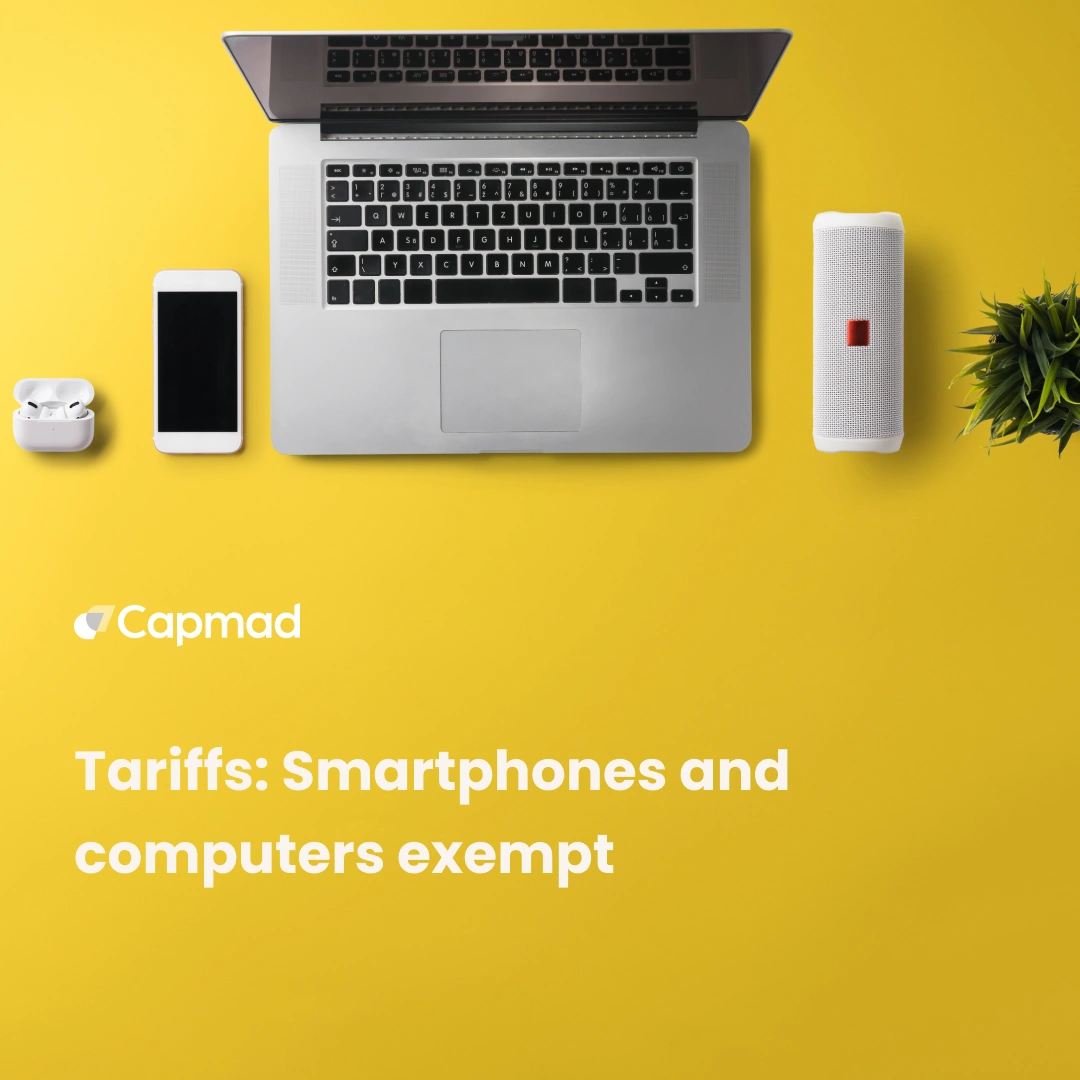In 2024, Africa’s economy is projected to experience significant expansion, according to forecasts from the African Development Bank (AfDB). The continent now ranks as the second most economically performing region globally.
Remarkable growth potential
African nations demonstrate notable resilience in the face of global economic fluctuations, according to the AfDB’s « African Economic Outlook » report. In 2024 and 2025, Africa is the second fastest-growing region, just behind developing Asia. The area had already occupied this position in 2023.
The study estimates that the African economy will grow by 3.7 % in 2024 and 4.3 % in 2025, exceeding the global average of 3.2 %. Among the 41 African economies, 17 are expected to record growth rates above 5 % in 2024, potentially reaching 24 by 2025 due to an accelerated growth pace.
Performance disparity by region
Growth forecasts vary across African regions, depending on factors such as economic structure, dependency on natural resources, and prevailing policies. Generally, East Africa has displayed the best economic performance, while other regions are progressing at a more moderate pace.
East Africa : Fastest growth
East Africa is expected to see its GDP increase by 1.5% in 2023, 4.9% in 2024, and 5.7% in 2025. In January 2024, the AfDB’s Macroeconomic Performance and Outlook (MEO) report projected a 0.2 % point increase, but this forecast has been revised downward due to larger-than-expected economic contractions in Sudan and South Sudan.
West Africa : Strong recovery
The economy of the West African region is improving, growing from 3.6 % in 2023 to 4.2 % in 2024, and reaching 4.4 % in 2025. This marks a significant 0.3 % improvement for 2024 compared to MEO projections. This solid recovery reflects increased growth in major regional economies, including Côte d’Ivoire, Ghana, Nigeria, and Senegal.
Central Africa : Moderate growth
Central Africa’s economy is progressing at a moderate pace. Its growth rate is set at 4.3 % in 2023, 4.1 % in 2024, and will reach 4.7 % in the following year. This improvement is due to anticipated stronger growth in Chad and the Democratic Republic of Congo, driven by favorable metal prices.
Southern Africa : Slight progress
Southern Africa’s economy is expected to improve slightly in the coming years. The GDP is projected to increase by 2.2 % in 2024 and by 2.7 % in 2025. This is somewhat better than previously forecasted. The main reason for this improvement is that South Africa’s economy is expected to grow by 0.7 %, offsetting economic difficulties in other regional countries like Angola, Botswana, Lesotho, Zambia, and Zimbabwe.
North Africa : Decline and recovery
North Africa’s GDP is expected to decrease from 4.1 % in 2023 to 3.6 % in 2024, marking a 0.3 % downward revision compared to the AfDB’s MEO estimates. This decline is due to economic regression in regional countries, except for Libya and Mauritania. Nevertheless, a slight increase to 4.2 % is anticipated for 2025.
Proposals for reforming the global financial architecture
The « African Economic Outlook 2024 » document calls for a rethinking of the global financial architecture to better support African nations. This involves giving the continent a more significant role in multilateral development banks and international financial institutions. AfDB President Akinwumi Adesina emphasizes the need for an equitable share of resources so that Africa can fully exploit its economic opportunities. The document proposes a bold reform plan with five key points:
- Raising private funds to complement government funding.
- Simplifying climate financing to improve African countries’ access.
- Restructuring multilateral banks to provide long-term loans and use special resources from the International Monetary Fund (IMF).
- Streamlining debt resolution with innovative solutions.
- Strengthening internal resource mobilization by improving tax policies and revenue management.
Akinwumi Adesina also stresses the urgency of governance reforms to promote transparency, accountability, and the management of the continent’s natural capital. These reforms are particularly crucial during this energy transition period, aiming to secure resources and benefit the entire African population. True resilience is only possible with good adaptation to climate change.
Despite notable economic growth performances, the report highlights that Africa still has a long way to go to achieve the Sustainable Development Goals (SDGs). Without swift corrective measures, poverty could worsen, and by 2030, about 87 % of the world’s poorest people could live in Africa.







